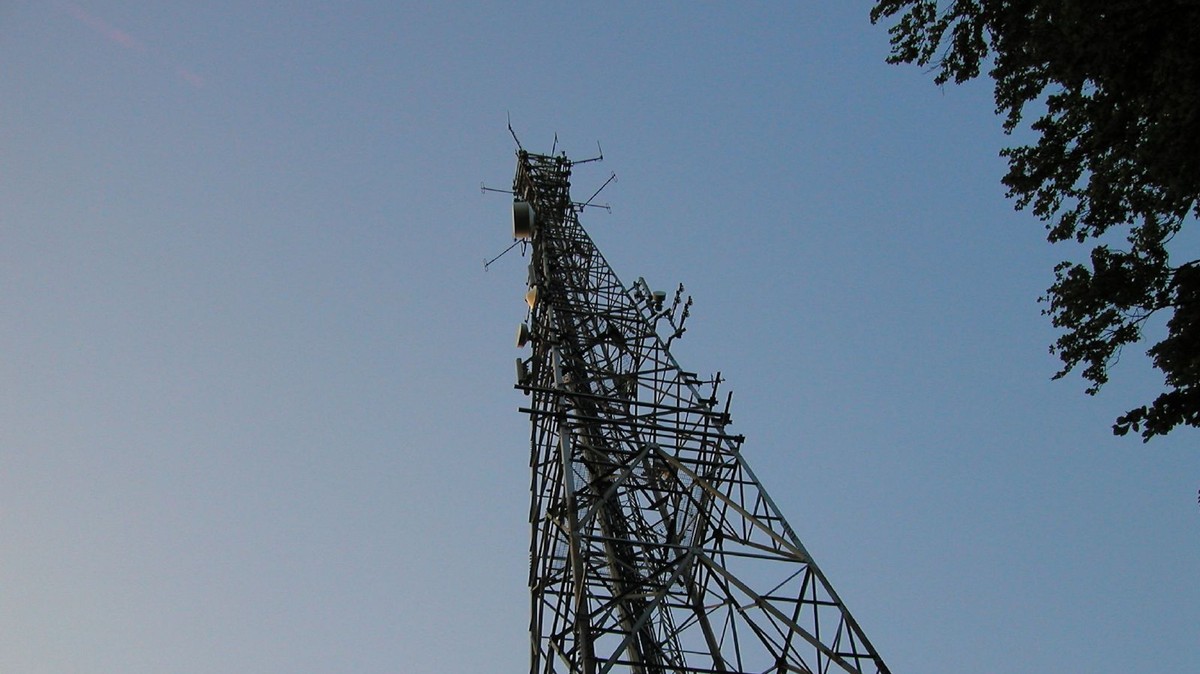- cross-posted to:
- ragchew
- worldnews@lemmy.ml
- cross-posted to:
- ragchew
- worldnews@lemmy.ml
Researchers find ‘backdoor’ in encrypted police and military radios::The TETRA standard is used in radios worldwide. Security researchers have found multiple vulnerabilities in the underlying cryptography and its implementation, including issues that allow for the decryption of traffic.
Remember, if the “good guys” got a backdoor access, the bad guys can use that backdoor too. In fact, the bad guys will probably use the backdoor much more frequently, which is why attempts to place backdoor on end-to-end encryption by various governments are very dangerous.
I’m willing to argue that “good guys” demanding backdoors are bad guys too.
Encryption 👏 is 👏Not 👏 a 👏 Crime 👏
Is there a list of situations where it’s illegal to use encryption in the US? It’s 100% illegal to transmit encrypted data over ham radio (although transmitting unencrypted packets and accessing the internet through unencrypted means over ham radio is not). I’m not sure of what other situations where using encryption is illegal though.
Hm, where does https play in though? Most, if not all, popular websites now use encryption. If Alice were to access Bob’s site via ham radio and his site uses https, is Alice breaking the law?
where it’s illegal to use encryption in the US?
As soon as you try to cross a border to the world outside …
Anyone demanding back door is a bad guy regardless.
Both parties have to consent, you can’t just pressure your partner to let you in down there.
A couple of things to keep in mind, some of which are in the article, some aren’t:
TETEA is mostly used by first responders. The primary benefit of first responders using encrypted comm is to prevent unauthorized users interfering with real time communication in a crisis.
While the US military uses TETRA in some overseas locations, it is mainly used to coordinate with local emergency services, and has never been viewed as a secure form of communication.
Lastly, not to be too US centric but TETRA is almost never used in America, where Project 25(P25) is mandated for most originations. P25 was developed after 9/11 as a radio interconnect standard for emergency services and first responders that allows radios to communicate regardless of manufacturer.
Good thing P25 is safe.
P25 only uses 56 bit encryption, there are better systems if you want to ensure that only the intended recipient will be able to receive your transmission. P25 is great for when you want to make sure that all your intended recipients can receive and intended senders can send, while minimizing undesired senders being received.
I probably could have done better with the wording on the link to a video contradicting what I’d said. It’s not meant to be taken seriously but that only really becomes obvious when you click through to find a video on how to make use of its flaws to disrupt traffic and listen in. Not everybody is going to do that though.
For now. Thanks love defcon videos!
A lot of the material in those videos is way over my head but it’s interesting to see what people are out there working on. Good for when I’m frustrated with my own projects and want to think about something else for a while. They show some interesting ways to mess with common P25 radios and while I don’t recall whether they went after a flaw in the protocol or the manufacturer’s implementation, part of it is also taking advantage of flaws built into the human operator which is always cool.
Yeah defcon has some interesting exploits. I remember seeing one about recording keystrokes with audio and working out the sound of each key press to extract a Password.
Cool! Now we’ll all know, as Russia did all along, what the government is doing - until they patch this.
Unfortunately standards like this don’t get patches, they get replaced. The good news is that TETRA, at least from a US standpoint, has never been viewed as secure and isn’t used by the military for tactical communication









